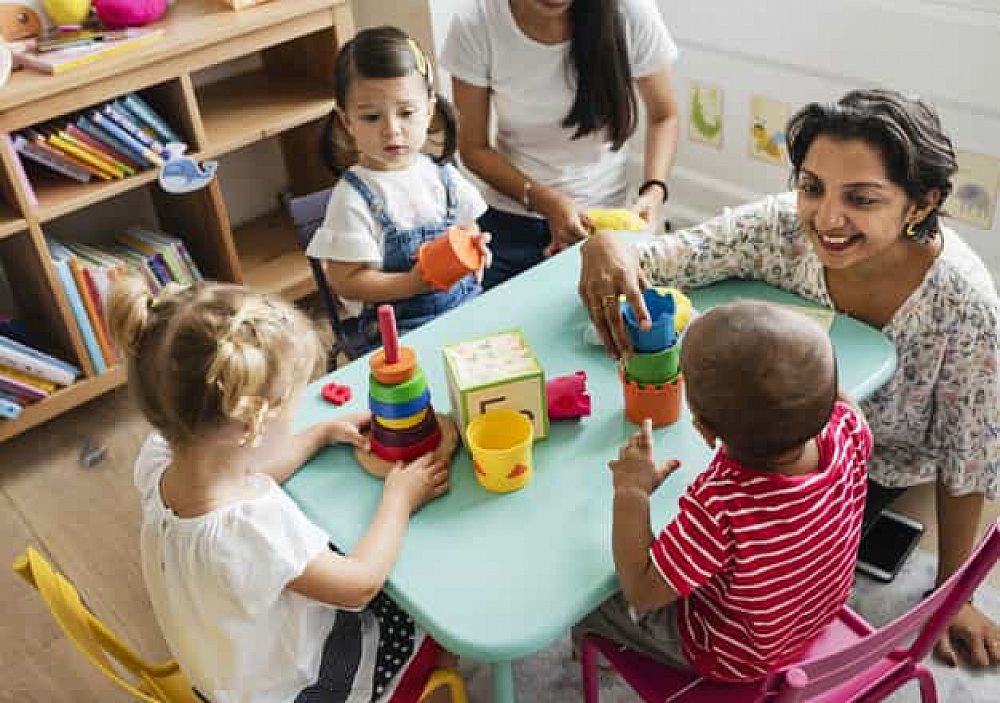Ways to Solve The Motivation Problems When Teaching Younger Students

Motivation is one of the top priorities when it comes to working with kids. You can use the most effective activities, choose the most interesting topics, but all that will not work if your students are not motivated. This goes a lot easier with adults, as they have chosen to study English by themselves and they often have set one or few goals, so, at the end of the day, they are moving towards the set target. With kids things are a bit more complicated, as they did not choose to study the English language, their parents had made this choice for them.
Table of Contents
3. Parents-Teachers Communication
Do you want to teach English abroad? Take a TEFL course today!
This post was written by our TEFL certification graduate Valeriia P. Please note that this blog post might not necessarily represent the beliefs or opinions of ITTT.
1. Teaching Experience
That is the time when you should understand that in teaching practice, the experience is worth gold. If yet you do not have your own teaching experience you may ask your colleagues for advice. If that is not an option - in the 21st century it is pretty easy to find all the information you need on the internet. lots of forums and articles are there to help you, giving important theoretical information and useful advice which you can use in practice. In addition, there is always an option to learn in practice. As for me, I came to teaching without understanding "why motivation is so important", so I had to learn as the teaching process went on.

Also Read: What questions should I ask a TEFL employer?
2. Teaching Process
The first thing any teacher should make sure of is that the quality of the teaching process is high, lessons are interesting and "everything is in the right place". Worldwide practice showed that games and songs work really well for kids. Often they do not even realize that they are learning is they enjoy the game. Speaking of songs, nowadays they usually go with excellent visual content so kids develop their listening, speaking and reading skills while simply singing a song. Nevertheless, the successful and well-balanced class is not the only matter of content, but it also depends a lot on a teacher. The teacher should try to build a respectful relationship with his or her students and such things as forgetting materials, being late for a lesson or checking the lesson plan after each activity may confuse students or even lead to lack of respect and interest in the class. It is important to show students your own passion and interest in the material. In this way, you will become a role model for your students.
3. Parents-Teachers Communication
Secondly, I have got to admit that communication with parents is extremely important referring to the young age of learners (which was already mentioned in the title). This is because, as I see it, kids yet did not form their own opinion about the learning subject, but are already trying to copy their parent's attitude and defend it. In some cases, referring to my experience, parents can motivate their kids with small presents, sweets and other things that their kids like.

Also Read: What is it Like Teaching EFL in a Kindergarten?
4. Praisals
Last but not least - celebrate accomplishments. According to my experience, it is extremely important to let kids know that you are proud of them. Celebrate their success in as many different ways as you can: by clapping your hands, saying such things as "good job", "excellent", giving kids stars or stickers, etc.
Do you want to teach English abroad? Take a TEFL course today!
Whichever advice you will decide to use, keep yourself motivated and positive! Kids will recognize and appreciate your efforts as much as your positive attitude to them.
Apply now & get certified to teach english abroad!
Speak with an ITTT advisor today to put together your personal plan for teaching English abroad!
Send us an email or call us toll-free at 1-800-490-0531 to speak with an ITTT advisor today.



